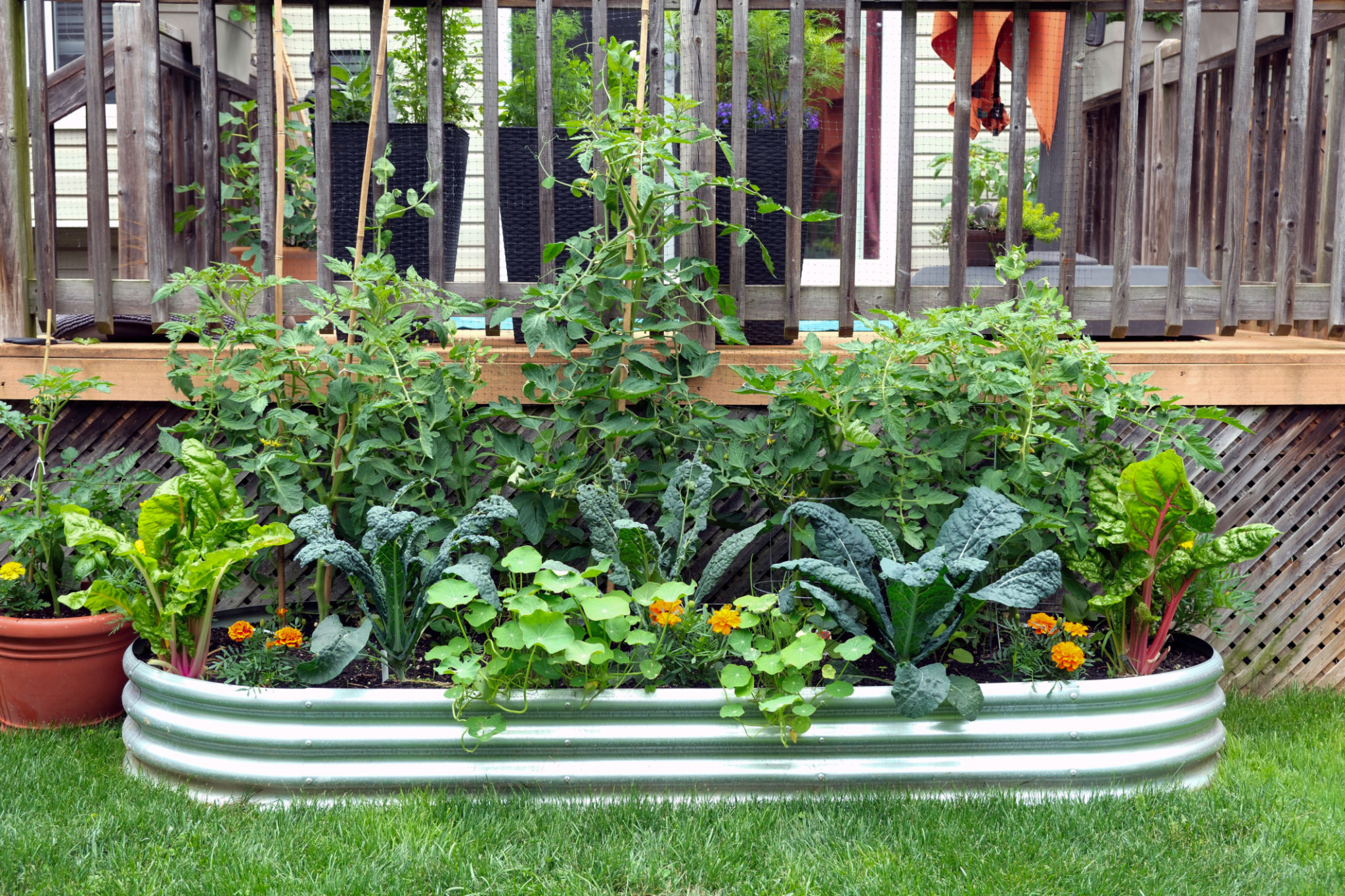The Benefits of Growing Your Own Food: Health and Economic Insights
Health Benefits of Growing Your Own Food
Growing your own food offers numerous health benefits that can significantly improve your overall well-being. One of the most compelling advantages is the ability to control the quality of what you consume. When you grow your own fruits and vegetables, you have full control over the use of pesticides and fertilizers, allowing you to opt for organic practices that are free from harmful chemicals.
Consuming freshly harvested produce ensures that you receive the maximum nutritional value from your food. Fruits and vegetables begin to lose nutrients the moment they are picked, so eating them shortly after harvest ensures you get the most vitamins and minerals possible. This can lead to a healthier diet rich in essential nutrients.

Physical Activity and Mental Well-being
Gardening is an excellent way to incorporate physical activity into your routine. The process of planting, weeding, and harvesting provides a moderate level of exercise that can help improve cardiovascular health, increase strength, and enhance flexibility. Moreover, spending time in nature has been shown to reduce stress, anxiety, and depression, contributing positively to mental health.
Working in a garden can also foster a sense of accomplishment and satisfaction. Watching your plants grow and thrive under your care can boost self-esteem and provide a sense of purpose. Additionally, gardening can be a meditative activity, offering a mental break from daily stresses.
Economic Advantages of Home Gardening
Beyond health benefits, growing your own food can also offer significant economic savings. By cultivating your own produce, you can reduce your grocery bills substantially. Seeds and plants are relatively inexpensive compared to the cost of buying fresh produce at the store, especially organic varieties.

Moreover, a well-maintained garden can produce an abundance of food, allowing you to preserve or share excess yields with family and friends. This not only saves money but also fosters a sense of community through sharing and exchanging homegrown goods.
Sustainability and Environmental Impact
Growing your own food contributes to environmental sustainability by reducing your carbon footprint. Transporting food from farms to stores involves significant energy consumption and emissions. By growing food at home, you minimize these environmental impacts.
Additionally, home gardens support biodiversity and can contribute to healthier ecosystems in your local area. Planting a variety of species can attract beneficial insects and birds, creating a balanced environment that aids in natural pest control.

The Joy of Seasonal Eating
Engaging in home gardening encourages seasonal eating, which can enhance the flavor and nutritional content of your meals. Seasonal produce is often more flavorful and nutritious than out-of-season items, which may have traveled long distances or been stored for extended periods.
Seasonal eating also promotes variety in your diet. By growing different crops throughout the year, you are encouraged to explore new recipes and culinary techniques, enriching your cooking repertoire and dining experiences.
In conclusion, growing your own food offers a myriad of health, economic, and environmental benefits. It provides an opportunity to enjoy fresh produce while contributing positively to personal well-being and global sustainability. Whether you have a large backyard or a small balcony, starting a home garden can be a rewarding endeavor with lasting positive impacts.
